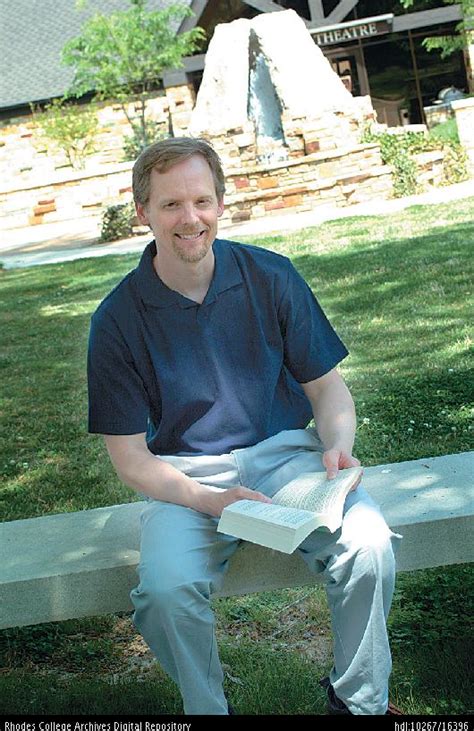A Quote by Humphry Davy
We must reason in natural philosophy not from what we hope, or even expect, but from what we perceive.
Quote Topics
Related Quotes
Where philosophy ends, poetry must commence. There should not be a common point of view, a natural manner of thinking which standsin contrast to art and liberal education, or mere living; that is, one should not conceive of a realm of crudeness beyond the boundaries of education. Every conscious link of an organism should not perceive its limits without a feeling for its unity in relation to the whole. For example, philosophy should not only be contrasted to non-philosophy, but also to poetry.
Natural Magick is taken to be nothing else, but the chief power of all the natural Sciences; which therefore they call the top and perfection of Natural Philosophy, and which is indeed the active part of the same; which by the assistance of natural forces and faculties, through their mutual & opportune application, performs those things that are above Human Reason.
Subjective reason ... is inclined to abandon the fight with religion by setting up two different brackets, one for science and philosophy, and one for institutionalized mythology, thus recognizing both of them. For the philosophy of objective reason there is no such way out. Since it hold to the concept of objective truth, it must take a positive or a negative stand with regard to the content of established religion.
We must not lose hope. Hope is an anchor to the souls of men. Satan would have us cast away that anchor. In this way he can bring discouragement and surrender. But we must not lose hope. The Lord is pleased with every effort, even the tiny, daily ones in which we strive to be more like Him. Though we may see that we have far to go on the road to perfection, we must not give up hope.
We should expect hope's reciprocity as a natural flowering of the life of hope. Helping others and nurturing hope is expressive of hopefulness itself. It is an extension of the hopeful self to reach out to others, promoting the connection of agency and the enrichment of horizons of meaning. Hope's reciprocity grows out of the very social nature of hope; we thus frequently see it live in family relations, in intimacy, in love. And so hope spreads. This spreading should not surprise us; like love, it is freely given, fostered, and nurtured.
Very little comes easily to our poor, benighted species (the first creature, after all, to experiment with the novel evolutionary inventions of self-conscious philosophy and art). Even the most "obvious," "accurate," and "natural" style of thinking or drawing must be regulated by history and won by struggle. Solutions must therefore arise within a social context and record the complex interactions of mind and environment that define the possibility of human improvement.




































